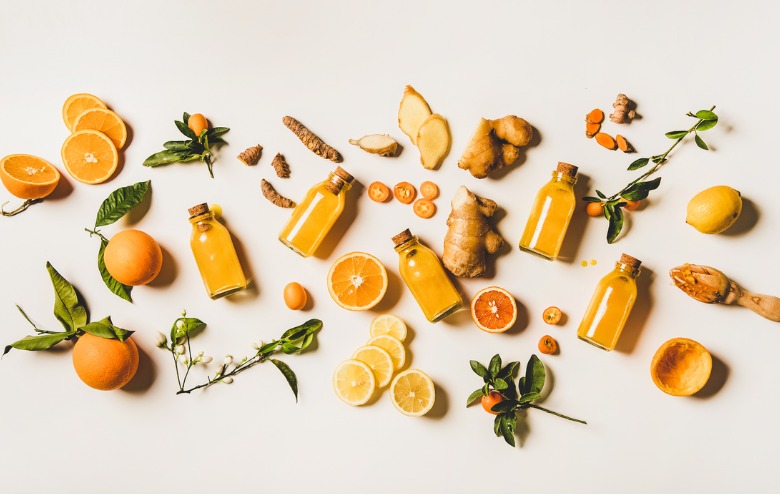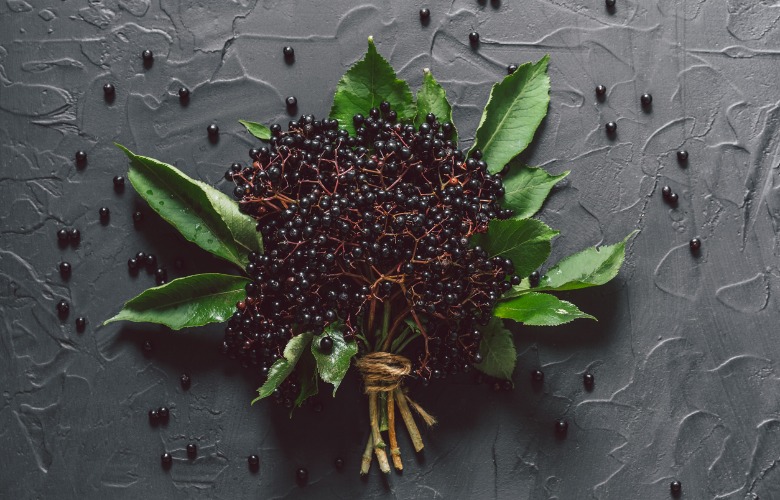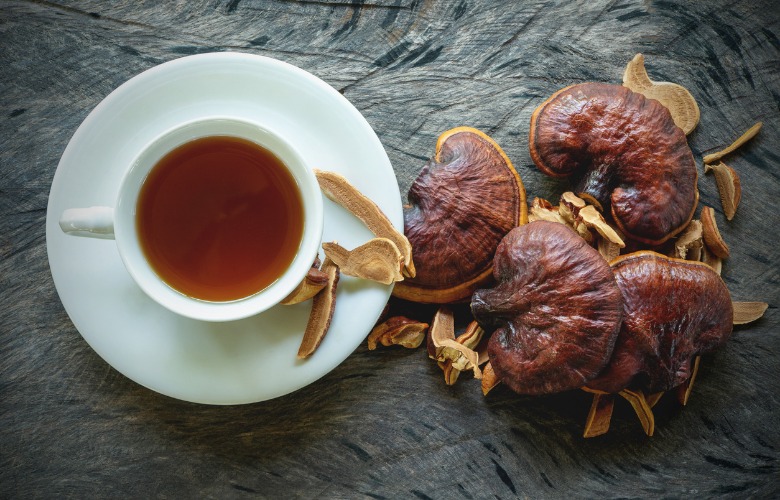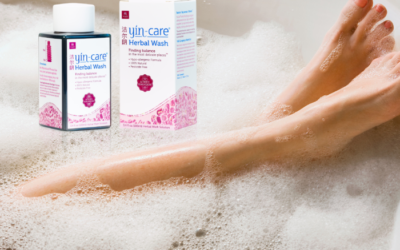Immune Boosting Herbs
Herbs for immune support
Herbs used for medicinal purposes have been part of traditional medicines worldwide for centuries – sometimes thousands of years – including traditional Chinese medicine, Ayurvedic medicine, homeopathic medicine, and herbal approaches. Here are a few well-known immune-boosting herbs:
Astragalus
Astragalus has been used in traditional Chinese medicine for immune support and is known as Huang Qi. Astragalus is used to strengthen Wei qi and lung qi, as well as stabilize the exterior. Used traditionally for centuries, astragalus supports immune function:
- Stimulates the immune system
- Supports immune function
- It contains polysaccharides that help interact and educate the immune system
- Supports the integrity of mucous membranes and epithelial cells in the intestinal tract
Ginger
Ginger root, also known as Zingiber officinale, contains compounds called gingerols and shogals, and its antispasmodic properties come from its 30 amino acids, 60 trace minerals, and more than 500 enzymes. Ginger helps manage stress and is antibacterial and anti-inflammatory.
Echinacea
Echinacea, also known as the purple coneflower, is native to both Europe and North America. They were used for centuries traditionally by Native Americans and Europeans for immune support. According to studies, echinacea may affect the body’s immune system. Research shows that it increases the number of white blood cells which fight infections.
Goldenseal
Goldenseal, also known as Hydrastis Canadensis, is traditionally used by Native Americans for medicinal purposes. Goldenseal contains two alkaloids, berberine, and hydrastine, known to kill bacteria as antimicrobials, reduce inflammation, and help with cold and flu symptoms. Goldenseal is used for a variety of reasons related to immune health, including:
- Antibacterial eye support
- Herpes outbreaks
- Bacterial diarrhea and gastritis
- General immune support
Oregano
Oregano can prevent bacterial infections and is an antiviral, antiparasitic, antiseptic, and immune-boosting herb. “The active compound in oregano, carvacrol, is antimicrobial, meaning it kills bad bacteria,” says certified health coach and director of food and beverage at Equinox Katzie Guy-Hamilton.
Andrographis
Andrographis leaf is traditionally used in TCM and Ayurvedic medicines. Supports gut health, including healthy microbial flora, part of the immune system. Andrographis paniculate is a “plant whose bioactive modulates the immune components and acts synergistically with the immune system to improve its overall defending ability.”
Elderberry and other berries
Used since the fifth century by Europeans and native Americans, elderberry has been used as a tonic for strengthening the immune system and as a first response to immune difficulties – such as the first sign of cold, sinusitis, or flu. In addition, elderberry contains antioxidant and antiviral properties.
Hippocrates, the “father of medicine,” called the elder tree his “medicine chest,” and elderberry has been known in folk medicine as one the world’s most healing plants to this day. Elderberries are high in vitamin C, dietary fiber, and antioxidants. Elderberries help prevent flu viruses from reproducing inside our bodies because they contain certain antioxidant pigments seen in purple foods called anthocyanins. Studies also show that anthocyanins can “inhibit neuraminidase which is “a part of a virus that allows for budding, and thus replication, of a virus,” says Thomas Holland, MD, a physician-scientist in the departments of internal medicine and clinical nutrition at Rush Medical College in Chicago.
Taken within the first 48 hours of symptoms, studies show that elderberry, also known as Sambucus nigra berry, may reduce the severity and length of fever, headache, runny nose, and congestion associated with cold flu.
Strawberries, blueberries, goji berries, and raspberries
Other berries that contain anthocyanins, the antioxidants responsible for the red, blue, and purple berries, include strawberries, blueberries, raspberries, and goji berries. Anthocyanins, antioxidants, and antimicrobials in these berries help fight colds, immune support function and help reduce the severity and length of some illnesses.
In addition, many of these berries also contain Vitamin C, which contributes to immune defense. Vitamin C, also known as L-ascorbic acid, is a water-soluble vitamin naturally present in some foods. The daily recommended intake is 75 mg for women and 90 mg for men. You probably know that Vitamin C has long been known for its immune-boosting benefits. This is for a few reasons:
- Encourages the production of white cells, which help protect the body against infection
- It helps white blood cells function and protects against free radicals and other harmful molecules
- May shorten wound healing time
- Strengthens the skin’s barrier to protect the body
Mushrooms
Ergothioneine, a powerful antioxidant, is present in mushrooms. This antioxidant is unique to mushrooms and has anti-inflammatory properties. It helps provide protection from free radicals and supports immune system functions. In addition, mushrooms contain natural antibiotics that inhibit microbial growth and some fungal infections.
Shitake
Shiitake mushrooms contain a type of sugar molecule called lentinan, which has been found to kill viruses and microbes. Beta-glucan is found in many varieties of mushrooms and has immune-boosting properties.
Maitake
Maitake, also known as Grifola frondose, this fungus provides cellular immune support. Used traditionally and highly valued in Japanese and Chinese traditional medicines. Maitake contains a type of polysaccharide known as beta-glucan. Beta-glucans can increase the immune defense response. In addition, maitake can help your body produce more NK cells (natural killer cells), the white blood cells that make your immune system function.
Reishi
Used for thousands of years in traditional Chinese medicine, reishi, also known as Ling Zhi, is a tonic and adaptogen. Reishi contains beta-glucans, polysaccharides that support normal immune function.
Reishi mushrooms can be eaten fresh and contain health benefits. However, it is when they are powdered or made into extracts that specific molecules are present:
Triterpenoids – compounds that contain six isoprene units and have demonstrated antioxidant and anti-inflammatory properties.
Polysaccharides – are large molecules made of smaller monosaccharides or simple sugars – like glucose. Polysaccharides from mushrooms have been shown to stimulate immune function and inhibit the growth of tumors. In addition, they have cardiotonic effects, enhance metabolism and support normal sexual function.
Peptidoglycans – also known as murein, is a polymer of amino acids and sugars. When peptidoglycan recycles “gram-positive bacteria,” studies show it is crucial for the long-term survival of these good bacteria such as Staphylococcus aureus, Bacillus subtilis, and Streptomyces coelicolor.
Immune-boosting teas
Who doesn’t love a cup of warm tea on a cool day? Some teas have immune-boosting properties:
Turmeric tea contains curcumin which helps prevent illness and has antimicrobial properties.
Ginger tea contains antimicrobial properties which help boost your immune function.
Licorice root tea has been used for centuries for boosting the immune system, including antiviral and antimicrobial properties.
Chamomile tea contains antibacterial properties and has been used for centuries for boosting the immune system and soothing cold symptoms.
Lemongrass tea has antibacterial properties that help ward the body from illness.
Hibiscus tea contains high levels of Vitamin C and antioxidants, as well as antibacterial and antimicrobial properties.
Green tea contains catechins that can help prevent the cold and flu.

Jemile earned a degree in Food Studies and Writing and has worked for almost 23 years in the medical and health industries. She has been a digital marketing consultant for Acupuncture Atlanta since 2011 as the social media manager and content manager. Writing has been a childhood dream for Jemile and writing daily for clients in the health, wellness, food, and art industries have been phenomenal. Jemile is originally from Brooklyn, NY, and lives in the Hudson Valley, NY. She lives with her husband, two daughters, her dog, and two fish. You can contact Jemile via Linkedin, her mom blog, or her website, lunaroseconsulting.com






